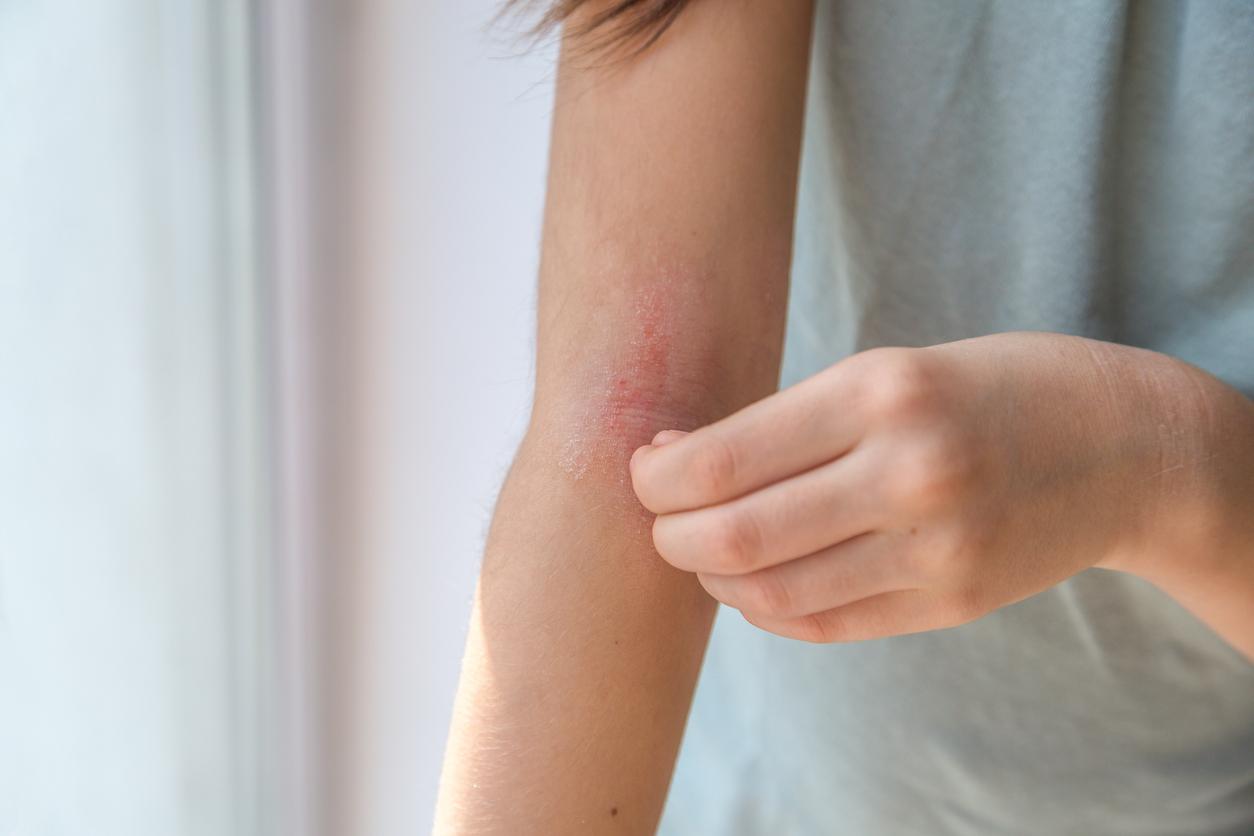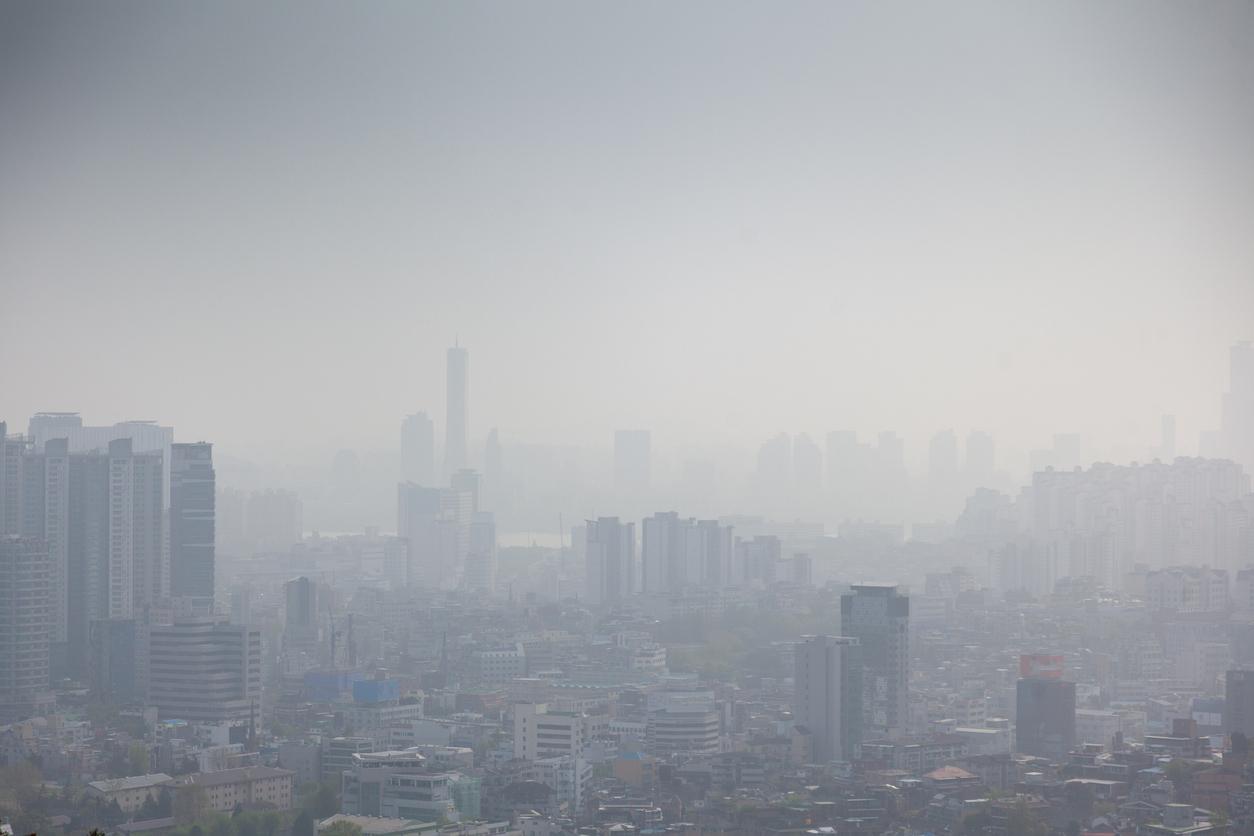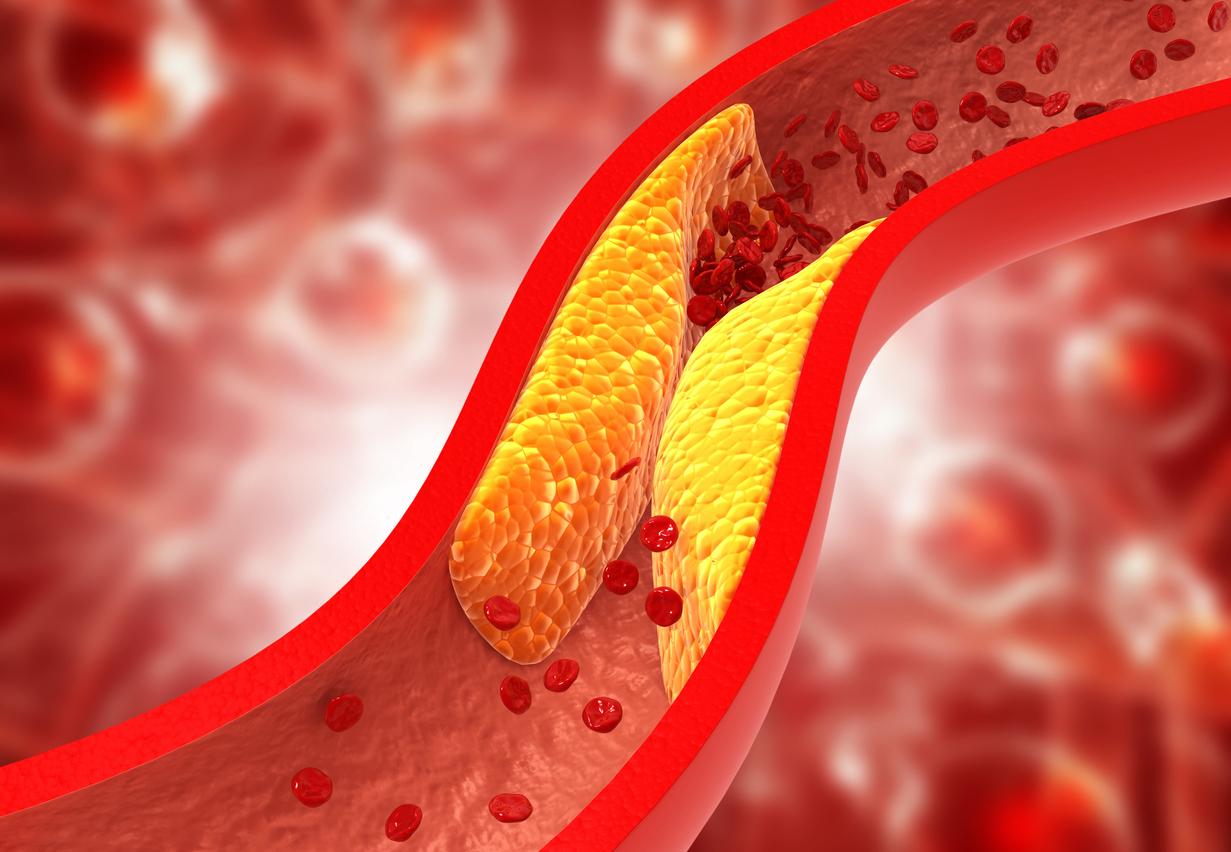The congress of the European Society of Cardiology to be held in Paris from August 31 to September 4 aims in particular to alert the population to the risks of air pollution on the heart.

According to the WHO, 4.2 million people died prematurely worldwide due to air pollution in urban and rural areas in 2016, including 800,000 in Europe. And contrary to what one might think, this is not the cause of pulmonary complications: approximately 58% of these deaths result from ischemic heart disease (causing myocardial infarction) and strokes. Faced with these frightening figures, the congress of the European Society of Cardiology which will be held in Paris from August 31 to September 4 in partnership with the World Heart Federation (WHF) will take the opportunity to officially launch its partnership with the French capital.
This project takes place within the framework of the “Cities committed to a healthy heart” initiative and aims to promote concrete measures to fight against cardiovascular diseases in the city. It should soon be deployed in other European capitals.
Particles that cause harmful reactions in the blood
Air pollution is defined as an “alteration of the quality ofair which can be characterized by measures of pollutants chemical, biological or physical present in the air, having detrimental consequences for the health human, to living beingsto weatheror material goods”. It therefore concerns both the air outside and that breathed in the house and is particularly present in the metro.
Its main harmful effect comes from exposure to ultrafine particles, with a diameter of 2.5 microns or less, better known as PM2.5. Because they are so small, these particles often reach the alveoli of the lungs. In July, a British study published in the European Respiratory Journal showed that even a moderate air pollution could lead to lung diseasecausing four times the damage of passive smoking.
These particles then pass into the bloodstream, where they cause harmful reactions, either inflammatory or causing an increase in certain blood factors responsible for platelet aggregation and blood clotting.
“Everyone is concerned” by this problem
During the congress, the experts also intend to alert the general public against noise pollution. Indeed, noise is responsible for an increase in heart rate and the secretion of stress hormones (cortisol, adrenaline and noradrenaline). Again, the cardiovascular risks increase. “Even if no study currently demonstrates the additional effects between air pollution and noise pollution, everything suggests that they would have heavy impacts on our quality and life expectancy (…) If, in addition, d “Other risk factors are added, such as obesity and a sedentary lifestyle, this “poisonous” daily cocktail could become explosive for health”, is explained in the press kit.
On its site, the town hall of Paris therefore invites local residents to go to the forecourt of the Town Hall on August 31 and September 1 to gather information on the subject. “First cause of death in the world and second in France (the first for women), directly after cancer, cardiovascular diseases are particularly prevalent in urban areas. Playful and informative, the “village of the heart” will therefore be an opportunity , for young and old, to stock up on advice while having fun”, indicates the city. And to remember that “children, seniors, smokers, chronically ill, short or long term, everyone is concerned” by this file.
But in addition to lung and cardiovascular problems, studies have also linked air pollution to mouth cancer or diabetes. In France, the third European country most affected by air pollution linked to particles, the National Agency for Health, Food, Environment and Labor Safety (handles) says it has been “mobilized for many years on the issue” and is carrying out “various scientific evaluation works” to try to improve the situation.

.















